NCUIH recognized Tribal partners, Members of Congress, and federal partners for their work in securing advance appropriations for Indian Health Service and in advancing the health of Native veterans.

Robyn Sunday-Allen (NCUIH VP), Francys Crevier (NCUIH CEO), Darren Benjamin (Relation Strategy LLC), Representative Betty McCollum (D-MN), Senator Jeff Merkley (D-OR), Representative Sharice Davids (D-KS), Stacy Bohlen (NIHB CEO), Larry Wright (NCAI ED), Meredith Raimondi (NCUIH VP of Policy and Communications), Walter Murillo (NCUIH Board President).
Washington, D.C.- On May 17, 2023, the National Council of Urban Indian Health (NCUIH) presented fifteen Indian Health Care Warrior Awards for Advance Appropriations for the Indian Health Service (IHS) to Tribal partners, Congressional advocates, federal advocates, as well as three Native Veterans Health Ally Awards during its 2023 Annual Conference: Honoring Our Ancestors & Preparing for the Next Seven Generations: NCUIH Celebrates 25 Years of Health Leadership. NCUIH thanks the awardees for their dedication to upholding the federal trust and treaty obligation to provide the highest level of health to all American Indians/Alaska Natives (AI/ANs), regardless of where they reside.
Indian Health Care Warrior Award for Advance Appropriations
Tribal Partners: National Indian Health Board and the National Congress of American Indians

Larry Wright (NCAI ED), Stacy Bohlen (NIHB CEO), Walter Murillo (NCUIH Board President).
NCUIH’s president-elect, Walter Murillo (Choctaw), presented the Indian Health Care Warrior Award for Advance Appropriations to Stacy Bohlen (Sault Ste. Marie Tribe of Chippewa Indians), CEO of the National Indian Health Board, and Larry Wright Jr. (Ponca Tribe of Nebraska), Executive Director of the National Congress of American Indians, for their tireless efforts in fighting for advance appropriations for the Indian Health Service. In their acceptance speech, Bohlen succinctly captured the spirit of unity and triumph in her statement, “[w]hen we stand together, we win.” Her powerful quote embodies the essence of collective action and highlights the importance of solidarity in achieving positive outcomes for Native communities.
Indian Health Care Warrior Award for Advance Appropriations: Members of Congress

The Congressional Awards were given to Members of Congress for their work in achieving advance appropriations.
Representative Betty McCollum

Representative Betty McCollum (D-MN).
Representative Betty McCollum delivered a powerful address emphasizing the urgent need for comprehensive legislation to support the Indian Health Service. She remarked, “Until we pass this legislation to permanently authorize advance appropriations for the Indian Health Service and until we provide mandatory funding to IHS, this will always be a fight. It will be a fight to make sure that the US government honors its sacred treaty obligations – we must continue this fight and make sure it is included.”
Representative McCollum’s impassioned words resonated deeply with the audience, highlighting the critical importance of addressing healthcare disparities and ensuring equitable access to quality care for Native communities. Her unwavering commitment to championing the cause of the IHS and advancing the rights of Native communities has been a driving force behind numerous initiatives aimed at securing the necessary support and funding to uphold the sacred treaty obligations of the United States government.
Representative Sharice Davids

Robyn Robyn Sunday-Allen (NCUIH VP), Representative Sharice Davids (D-KS), Francys Crevier (NCUIH CEO).
Representative Sharice Davids, a trailblazing voice in Congress and an influential member of the Native American caucus attended the conference in person and emphasized the importance of education in her address, stating, “One of the main priorities for the Native American caucus has been to educate. We need to educate not just our colleagues, but also ensure that our staff and everyone on the Hill has an understanding of how complex and diverse the issues that exist in Indian Country are.” Davids’s voice serves as a powerful catalyst for change, shedding light on the multifaceted challenges faced by Native communities across the country, and actively works to bridge gaps and promote meaningful dialogue in pursuit of equitable solutions.
Senator Jeff Merkle

Robyn Sunday-Allen (NCUIH VP), Senator Jeff Merkley (D-OR), Francys Crevier (NCUIH CEO).
During his acceptance speech, Senator Merkley delivered a compelling message regarding the critical need for advance appropriations for the Indian Health Service. He stated, “The Indian Health Service, which 2.5 million people rely on for their wellbeing, should have never been dependent on the whims of a budget cycle. The rhythm of healthcare means that when you need that care, it is there – not a week later or after Congress figures it out. This provision must be reinstated and reaffirmed forever more.”
Senator Merkley’s words underscored the urgent necessity of ensuring consistent and reliable funding for the IHS, which plays a vital role in providing healthcare services to millions of Native Americans. His unwavering commitment to reinstating the provision for advance appropriations reflects his recognition that healthcare should not be subject to uncertainties and delays caused by the budgetary process.
Majority Leader Chuck Schumer

In his virtual address, Majority Leader Chuck Schumer expressed his gratitude for being awarded the Indian Healthcare Warrior Award for Advance Appropriations. He acknowledged the federal government’s historical neglect of its obligations to support Native communities, particularly in helping them access quality, affordable, and culturally competent healthcare services. However, he expressed pride in the Senate’s historic provision of advance appropriations for the Indian Health Service in the 2023 Omnibus spending package, stating that “IHS was the only federal health care provider that lacked guaranteed funding from year to year- so for the first time in history, we bring Indian Health Services into parity with other health providers.” He promised to continue fighting for Indian Country and hopes to work together to bring more success.
Speaker Emerita Nancy Pelosi

During her virtual acceptance speech, Speaker Emerita Nancy Pelosi highlighted recent policy accomplishments, stating, “Powered by Native voices and your powerful advocacy, we achieved a landmark victory last Congress by securing critical funding for the Indian Health Service.” She added, “Your voices continue to be essential for promoting health and economic justice for tribal communities.”
Senator Lisa Murkowski

Senator Lisa Murkowski expressed gratitude for receiving the Indian Healthcare Warrior award during her virtual acceptance speech but credited the accomplishment to the collective efforts of her fellow advocates. She highlighted her 2013 introduction of legislation to provide Advance Appropriations for IHS and praised the tireless work of tribal organizations in realizing this goal. Senator Murkowski ended by emphasizing that “no matter where Native people live, whether on tribal lands or in urban areas, you deserve quality health care and the federal government has a duty to uphold its trust responsibility.”
Representative Mike Simpson

In his virtual address, Rep. Simpson, the Chairman of the Interior Subcommittee, highlighted the crucial responsibility of his subcommittee to ensure the protection of Native Americans who receive Health Care through IHS funding, particularly from budget uncertainties. He further emphasized that providing funding for Indian Health Care is “not just a trust responsibility, but also a moral one.”
Representative Tom Col

As Representative Tom Cole was unable to attend the NCUIH conference in person, Robyn Sunday-Allen (Cherokee), Chief Executive Officer of the Oklahoma City Indian Clinic and NCUIH Vice President, was able to meet with Representative Cole to recognize his exceptional dedication to Indian healthcare. As a token of appreciation, Sunday-Allen presented Representative Cole with a specially designed blanket created by NCUIH. This award served to acknowledge Representative Cole’s tireless advocacy for Advance Appropriations in Indian healthcare, demonstrating his unwavering commitment to ensuring consistent and sufficient funding for Native communities. The meeting was an opportunity to honor Representative Cole as an Indian healthcare warrior and express gratitude for his outstanding contributions to improving the lives of Native people.
Indian Health Care Warrior Award for Advance Appropriations: federal partners

Three Indian Health Care Warrior Awards for Advance Appropriations were presented to federal partners for their work in achieving advance appropriations:
- Tracy Goodluck, Senior Advisor to the Assistant Secretary for Indian Affairs, U.S. Department of the Interior;
- Daron Carriero, Former Senior Policy Advisor for Native Affairs for the White House Domestic Policy Council
- The Office of Management and Budget (OMB): Shalanda Young, Director; Liz Carr, Tribal Advisor to Director; and Topher Spiro, Associate Director of Health.
Tracy Goodluck

Robyn Robyn Sunday-Allen (NCUIH VP), Francys Crevier (NCUIH CEO), Tracy Goodluck, Lauren W. Yowelunh McLester-Davis.
Tracy Goodluck’s role as Senior Advisor to the Assistant Secretary for Indian Affairs at the US Department of the Interior is of immense importance in advancing the cause of urban Native issues. With her expertise and dedication, she plays a pivotal role in bringing these often overlooked concerns to the forefront of policy decision-making. Tracy’s deep understanding of the complex challenges faced by urban Native communities enables her to effectively advocate for their unique needs and amplify their voices within the government. Her ability to bridge the gap between policy development and the lived experiences of urban Native populations helps ensure that their perspectives are heard and integrated into meaningful policy reforms.
Daron Carriero
Daron Carriero, a dedicated advocate for Native healthcare, was recognized for his exceptional efforts and awarded for his significant contributions. As a Choctaw Nation citizen and former Senior Policy Advisor for Native Affairs for the White House Domestic Policy Council under President Biden, Mr. Carriero played a crucial role in securing Advance Appropriations for the Indian Health Service. Through his work at the Department of Justice and later at the White House, he actively supported Tribes across the nation by advocating for increased funding and facilitating crucial conversations between key stakeholders. Although unable to attend the ceremony, Mr. Carriero’s unwavering commitment and substantial achievements in advancing Indian healthcare were acknowledged and celebrated.
The Office of Management and Budget: Shalanda Young, Topher Spiro, and Liz Carr
The Office of Management and Budget (OMB), represented by Director Shalanda Young, Associate Director Topher Spiro, and Ms. Liz Carr, Tribal Advisor to Director, were honored for their instrumental contributions to advancing Indian healthcare. Despite being unable to attend the Award Ceremony, their unwavering dedication and tireless efforts played a pivotal role in achieving this momentous milestone. As essential figures in this achievement, their leadership and commitment were crucial in navigating the complex landscape of healthcare funding and policy. The OMB’s invaluable support and partnership have laid the groundwork for future collaborations.
Darren Benjamin

Robyn Sunday-Allen (NCUIH VP), Darren Benjamin, Francys Crevier (NCUIH CEO).
NCUIH also awarded our Ally in Indian Country, Darren Benjamin, for his work within Tribal organizations and in Congress to advance the healthcare of all Native people. While accepting his award, Benjamin noted the crucial role of bipartisan policymaking in saving Native lives. Effective solutions require the support and cooperation of lawmakers from both sides of the aisle, and transcending partisan divides is essential for securing the necessary resources and funding to address pressing issues impacting Native communities, ultimately ensuring their well-being and promoting positive health outcomes.
Native Veterans Health Ally Award

The Native Veterans Health Ally Awards were given to individuals for their commitment to advocating on behalf of Native American veterans:
- Councilman Nick Lewis (Lummi Nation)
- Chief William Smith (Valdez Native Tribe)
- The Honorable Denis McDonough, Secretary of Veterans Affairs

Robyn Sunday-Allen (NCUIH VP), Francys Crevier (NCUIH CEO), Honorable Denis McDonough, Roslyn Tso (IHS Director), Councilman Nicklaus Lewis.
NCUIH board member Robyn Sunday-Allen (Cherokee) presented the Native Veterans Health Ally Award to Chief William Smith (Valdez Native Tribe), Councilman Nicklaus Lewis (Lummi Nation), and the Honorable Denis McDonough, in recognition of their work to advance the health and well-being of American Indian and Alaska Native veterans. Chief Smith and Councilman Lewis serve on the Department of Veterans Affairs Advisory Committee on Tribal and Indian Affairs with NCUIH’s Board President Sonya Tetnowski, where they are fierce advocates for Native veterans and secure funding and support for tribal veteran services. Chief William Smith has worked tirelessly to address the disproportionate health challenges faced by Native veterans, particularly those related to mental health. Although unable to attend the ceremony, Chief Smith’s achievements were acknowledged and celebrated. The Honorable Denis McDonough, Secretary of Veterans Affairs, has been instrumental in securing resources for Native veterans, pushing for increased funding for Native health care, and advocating for policies that support Native veteran access to care. In his acceptance speech, Secretary McDonough stated that “If you fight for us, we’ll fight for you. If you take care of us, we’ll take care of you. If you have our backs, we’ll have your backs when you leave the service. Native Veterans have kept their part of that promise. Now, it’s time for us—as a country and at VA—to uphold our end of the bargain. We will not rest until every Veteran gets access to equitable, world-class care and benefits.” Together, these three individuals have made significant contributions to improving the lives of Native veterans and their families.
NCUIH Contact: Meredith Raimondi, Vice President of Public Policy, mraimondi@ncuih.org

















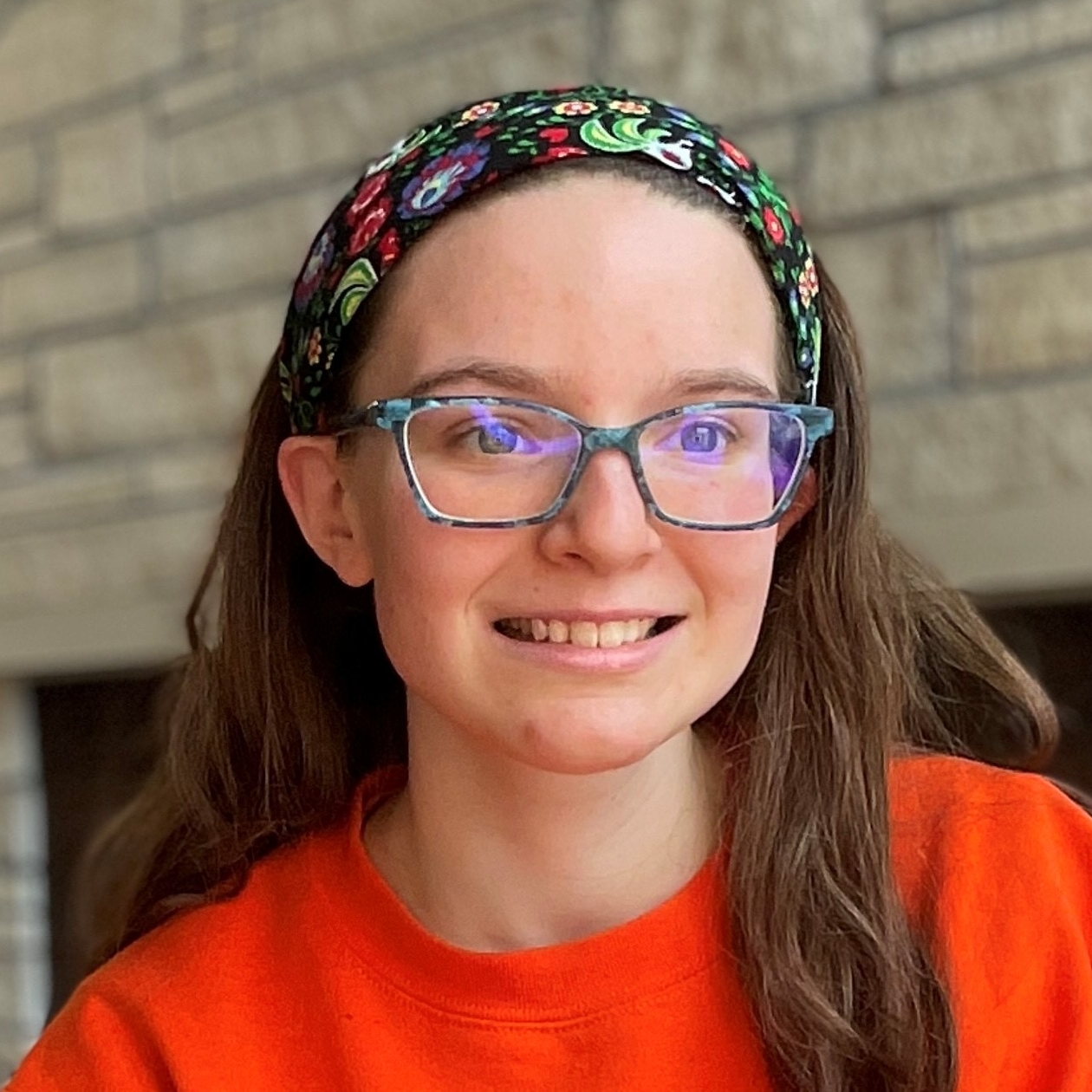
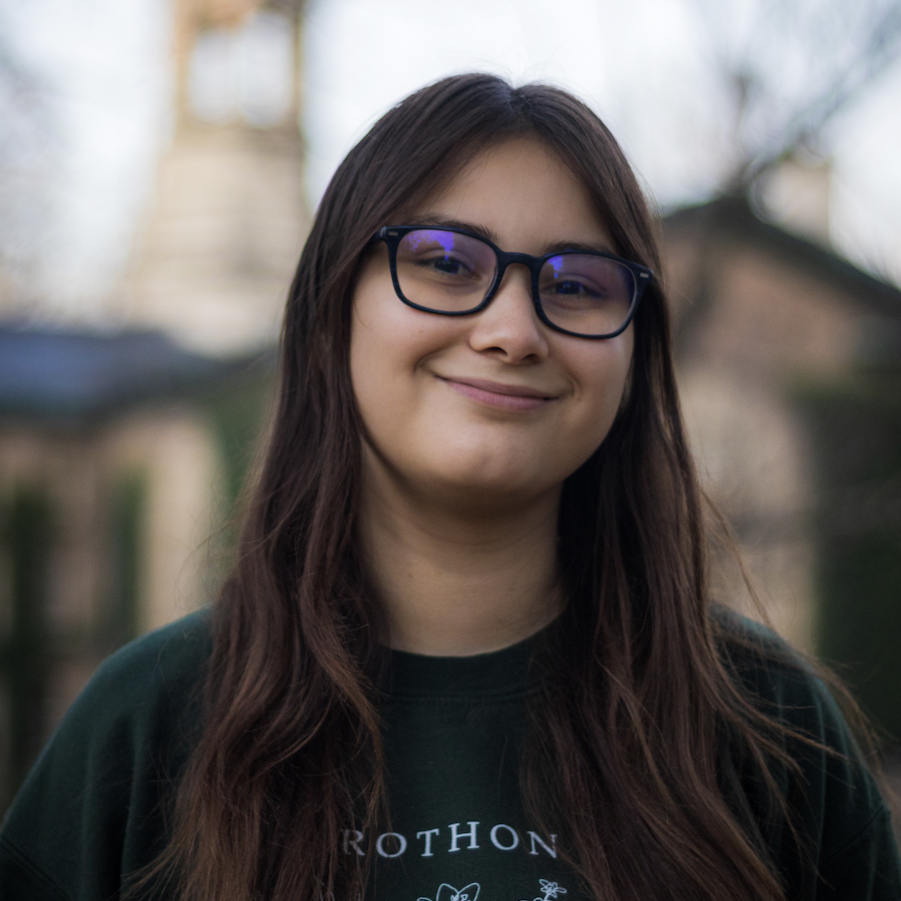
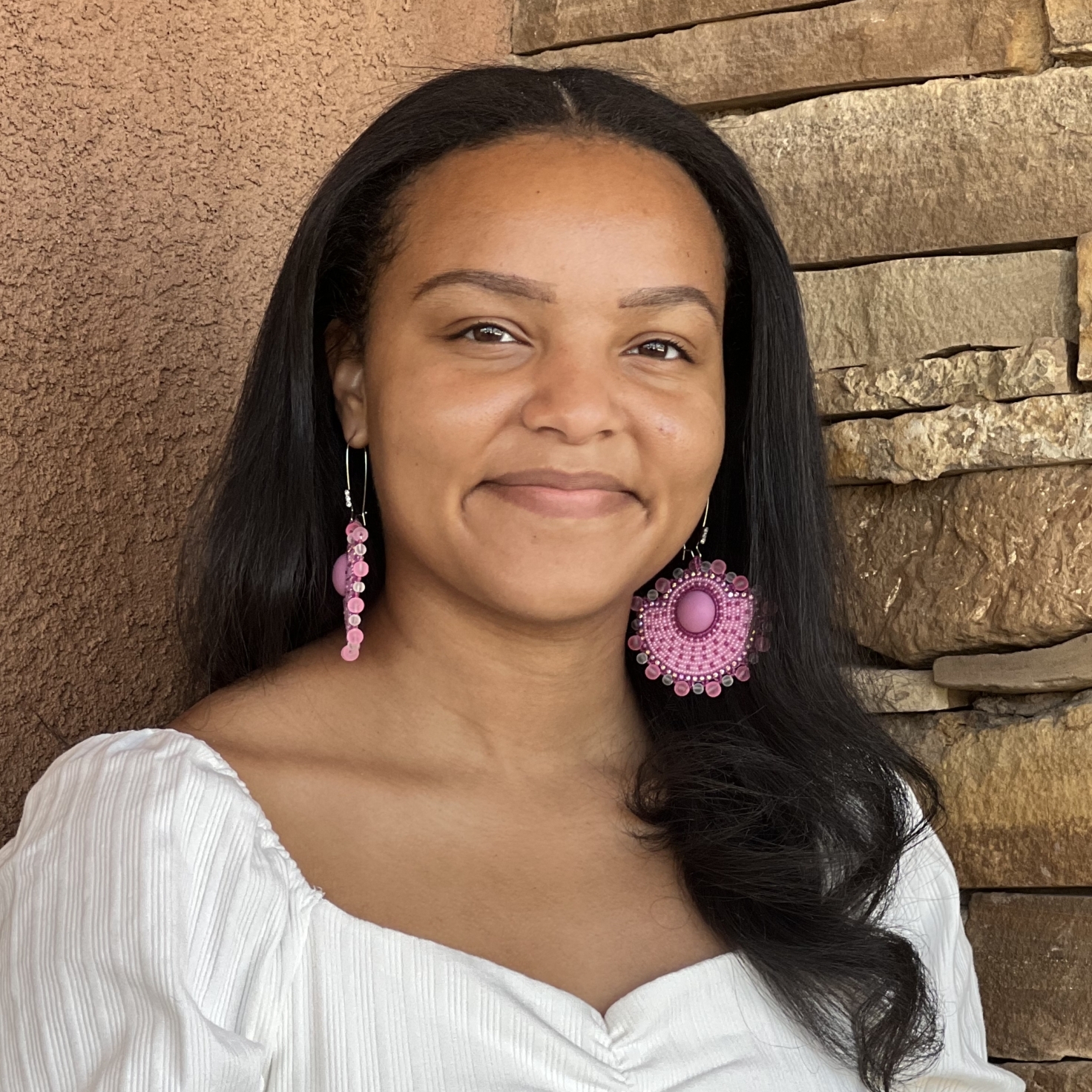
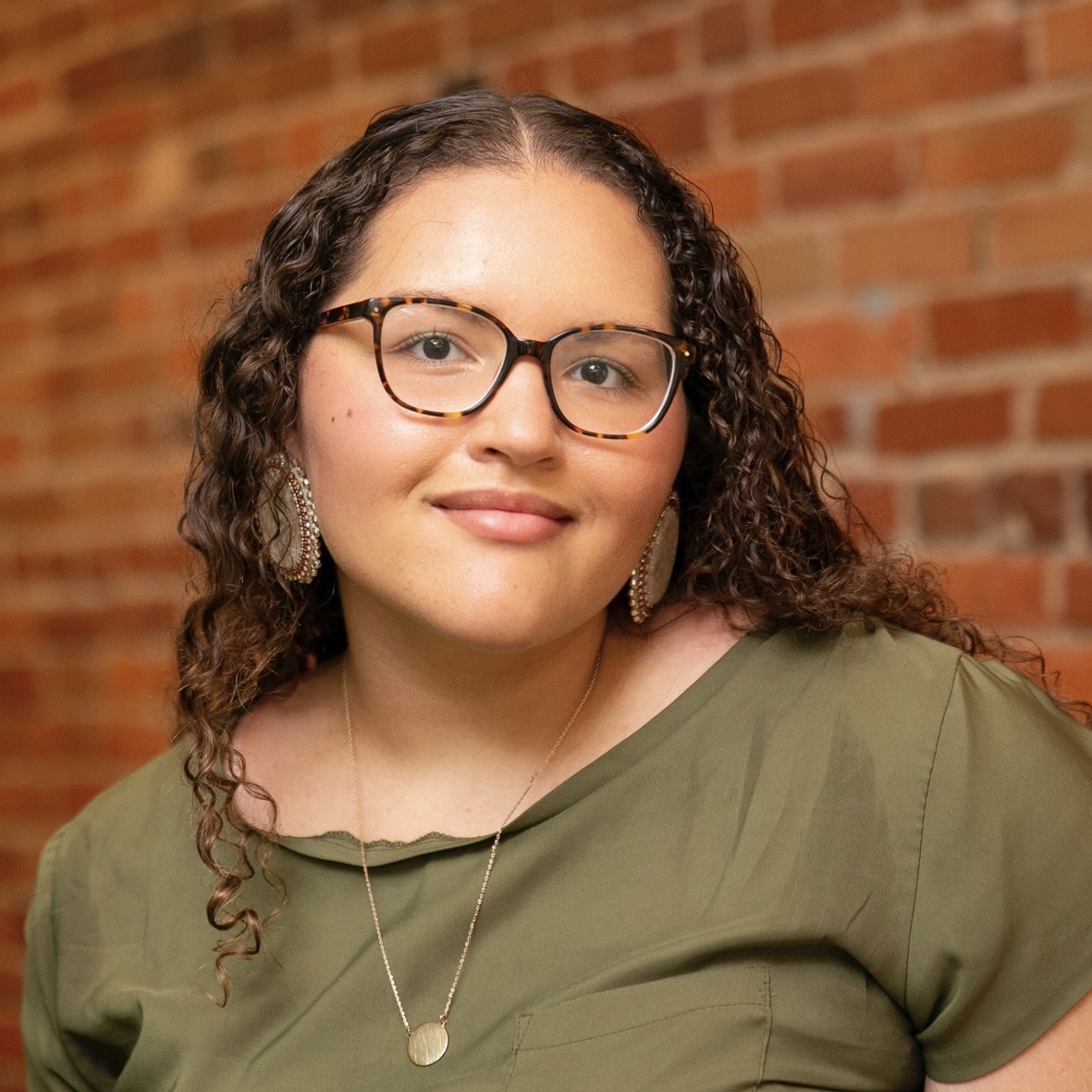
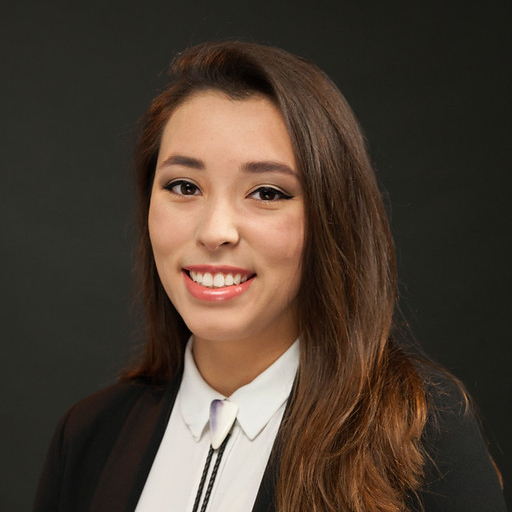
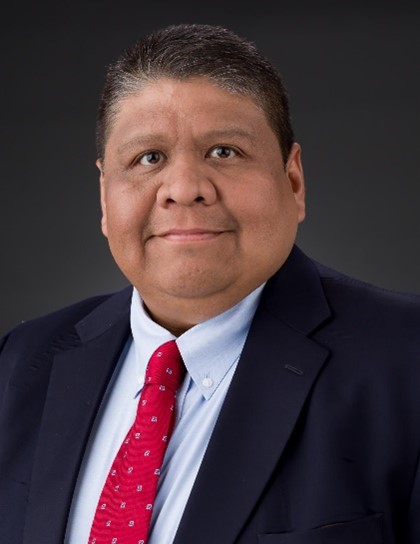 WASHINGTON, D.C. (September 28, 2022) – Today, the Biden-Harris Administration is hosting the
WASHINGTON, D.C. (September 28, 2022) – Today, the Biden-Harris Administration is hosting the